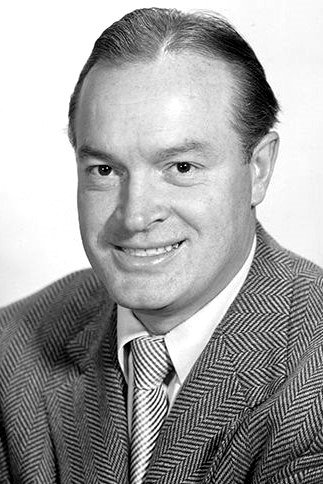

Leslie Townes "Bob" Hope KBE, KC*SG, KSS (May 29, 1903 – July 27, 2003) was an American comedian, actor, and entertainer. With a career that spanned nearly 80 years, Hope appeared in more than 70 short and feature films—54 in which he starred. These included a series of seven Road to... musical comedy films with Bing Crosby as Hope's top-billed partner. In addition to hosting the Academy Awards show 19 times, more than any other host, Hope appeared in many stage productions and television roles and wrote 14 books. The song "Thanks for the Memory" was his signature tune. Hope was born in the Eltham district of southeast London. He arrived in the United States with his family at the age of four, and grew up near Cleveland, Ohio. After a brief stint in the late 1910s as a boxer, Hope began his career in show business in the early 1920s, initially as a comedian and dancer on the vaudeville circuit, before acting on Broadway. Hope began appearing on radio and in films starting in 1934. He was praised for his comedic timing, specializing in one-liners and rapid-fire delivery of jokes that were often self-deprecating. He helped establish modern American stand-up comedy. Between 1941 and 1991, Hope made 57 tours for the United Service Organizations (USO), entertaining active duty U.S. military personnel around the world. In 1997, the United States Congress passed a bill that made Hope an honorary veteran of the U.S. Armed Forces. Hope appeared in numerous television specials for NBC during his career and was one of the first users of cue cards. Hope retired from public life in 1998 and died on July 27, 2003, at the age of 100. Description above from the Wikipedia article Bob Hope, licensed under CC-BY-SA, full list of contributors on Wikipedia.

Konnie Huq celebrates the very best of British children’s television,...
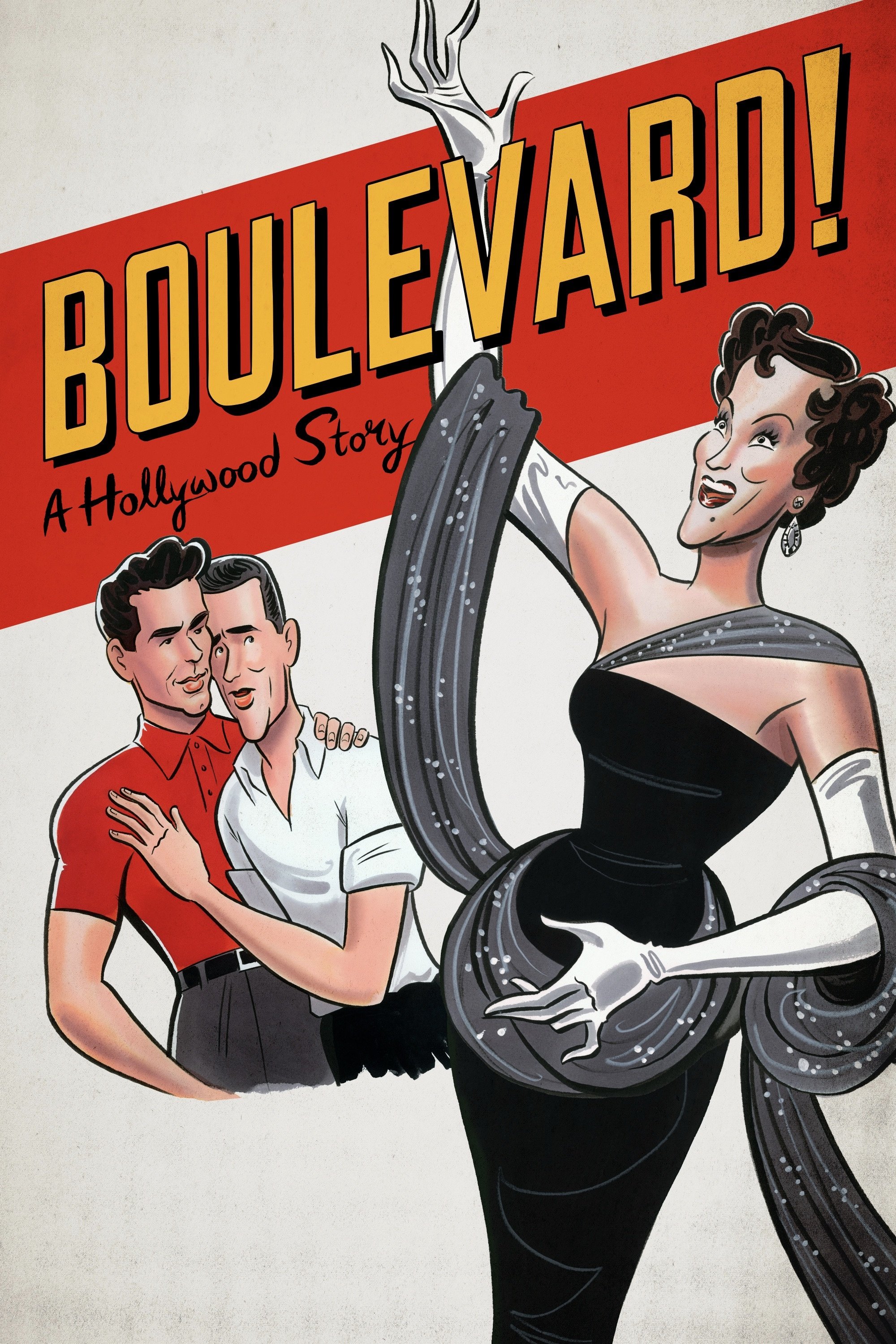
Dickson Hughes and Richard Stapley, two young composers and romantic...
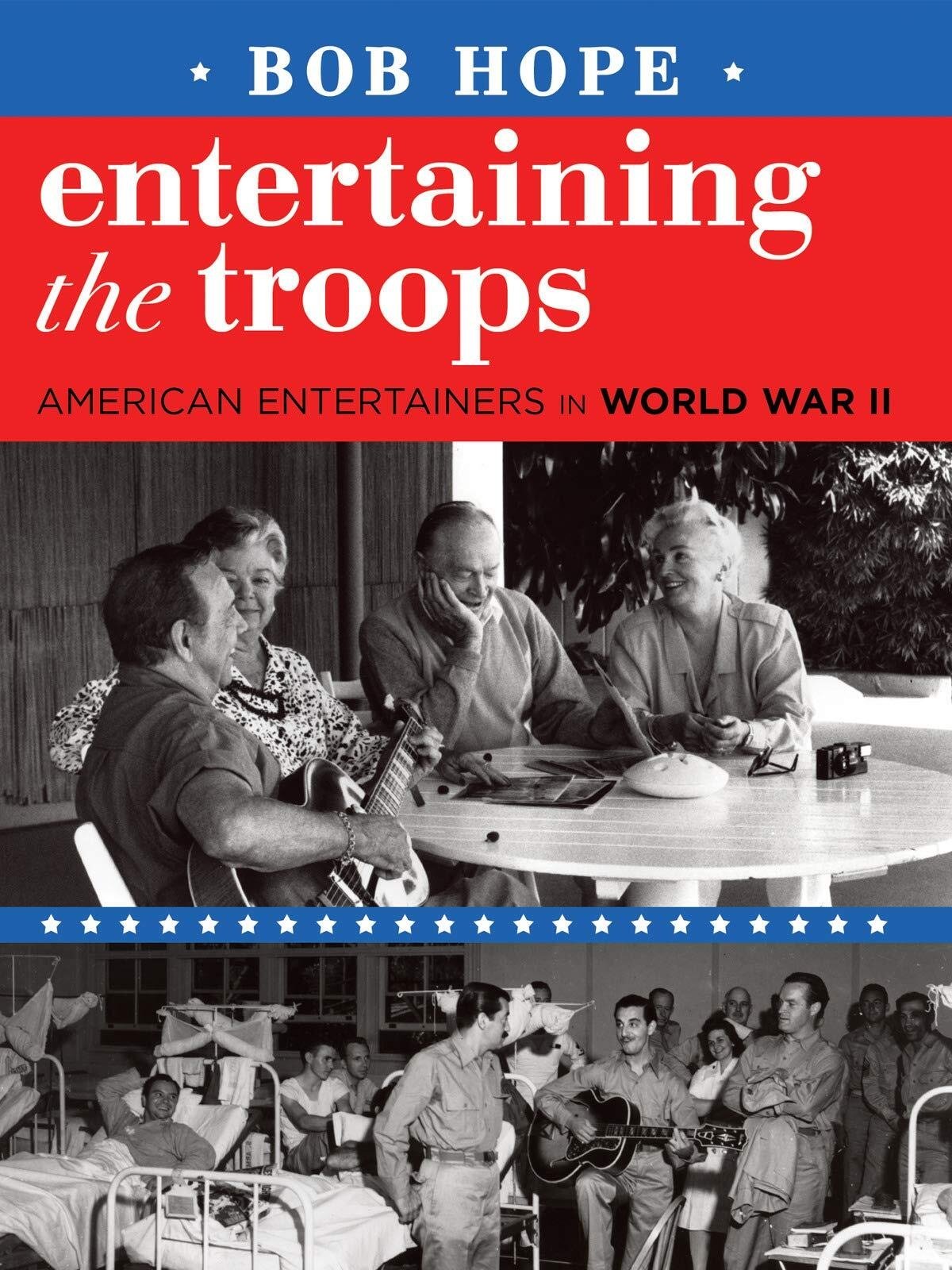
Dazzling appearances by Ursula Andress, Teresa Graves, Gloria Loring, Bobbi...
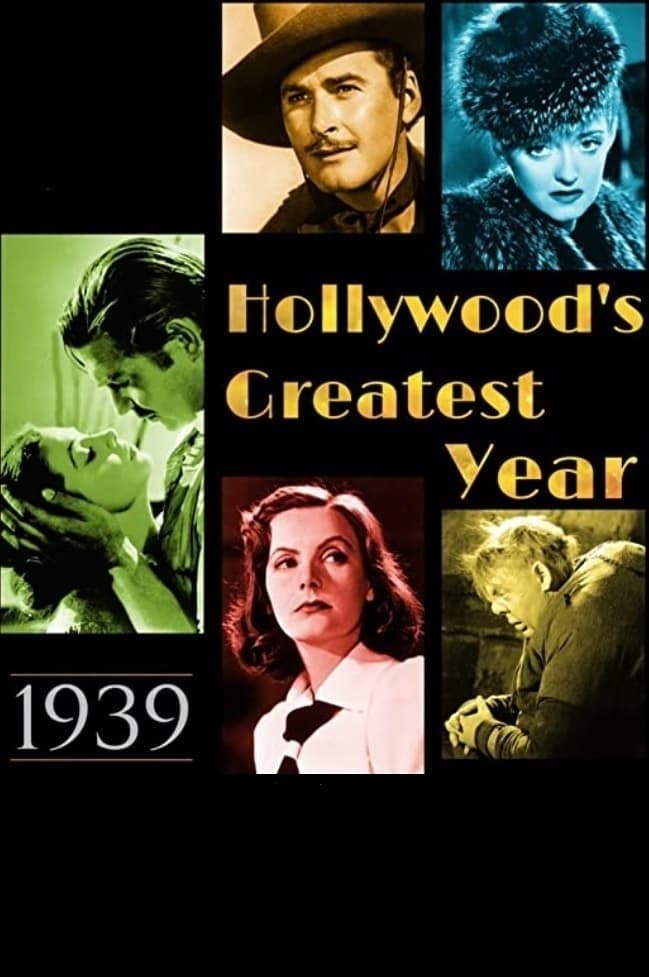
This documentary focuses on 1939, considered to be Hollywood's greatest...
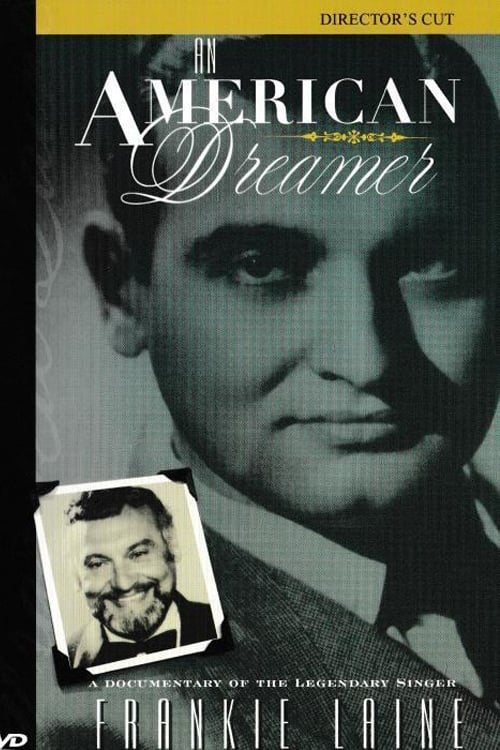
"Frankie Laine: An American Dreamer" is a feature-length documentary. In...